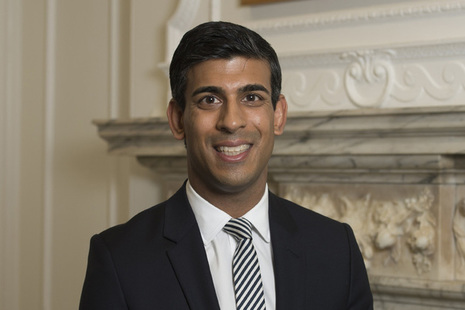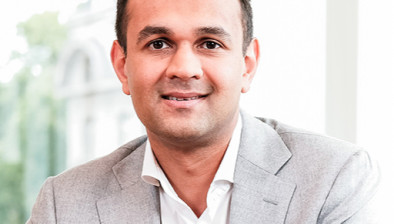Capital gains tax reform targets UK’s higher and middle class

Chancellor Rishi Sunak
Landlords, small business owners, investors and second-home owners are facing a rise in tax after a review ordered by Chancellor Rishi Sunak.
The chancellor is considering proposals by the Office of Tax Simplification (OTS) to reform capital gains tax to help pay for the Covid-19 pandemic.
Capital gains tax is paid on the profits gained from selling personal possessions worth more than £6,000, including second homes, rental properties, company shares and business assets. Cars and main homes are exempt.
The review’s proposals include aligning rates with much higher income tax levels and lowering the threshold for paying the tax, as well as making it payable when inherited items are sold, and abolishing tax breaks for investors.
Raising capital gains tax to match income tax bands could generate £14 billion a year, according to the OTS. However, such a move would be a financial blow to business owners, investors and second-home owners.
For a basic-rate taxpayer, the levy on profits from asset sales would rise from the present level of 10% to the income tax level of 20%, while the tax on profits from second and investment property sales would go up from 18% to 20%.
For higher-rate taxpayers it would rise from 20% on asset sales and 28% on property sales to 40%; this would be 45% for additional-rate taxpayers.
A recommendation to reduce the threshold at which the levy kicks in from £12,300 to £5,000 would further increase the tax due on capital gains.
The OTS justified aligning the rates on simplicity grounds, saying that the present disparity “can distort business and family decision-making and creates an incentive for taxpayers to arrange their affairs in ways that effectively re-characterise income as capital gains”.
Bill Dodwell, the OTS’s tax director, said: “If the government considers the simplification priority is to reduce distortions to behaviour, it should consider either more closely aligning CGT rates with income tax rates, or addressing boundary issues between CGT and income tax.”
The OTS will publish a second report in spring next year with further recommendations on how the tax can be altered, The Times reports.
However, Mr Dodwell stressed that Mr Sunak had not asked him to examine ways of scrapping the capital gains exemption on the sale of main homes, a potentially explosive move. He said: The chancellor has not asked us to look at it and specifically in our view it is too big a thing to launch into.”
Analysts said the OTS report would present the chancellor with obvious opportunities for a tax grab, with Mr Sunak needing to find more than £40 billion a year after the pandemic, according to the Institute for Fiscal Studies.
A spokesman from the Treasury said it would look at the OTS findings but would not commit to implementing them. The chancellor’s budget, originally scheduled for November, was postponed to the spring of 2021 because of the economic uncertainty caused by the pandemic.
The spokesman said: “We have asked the OTS to examine and provide recommendations on how to make CGT as clear and efficient as possible. Over the last few years the OTS has reviewed nearly all the major taxes but had not yet reviewed CGT. The OTS provides independent advice to the government. It is for the government to make tax policy decisions.”







